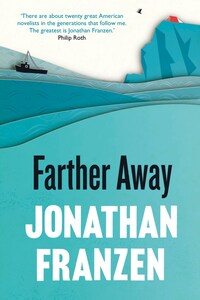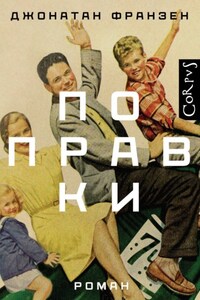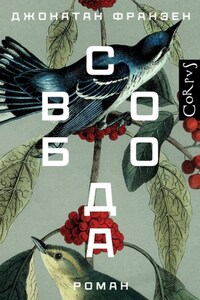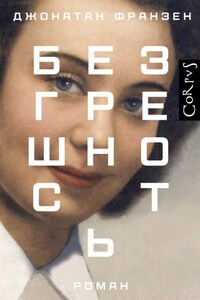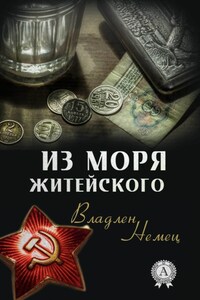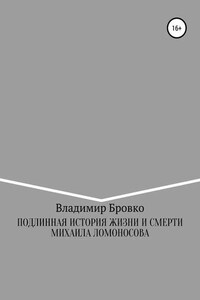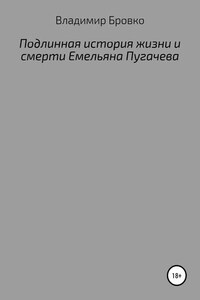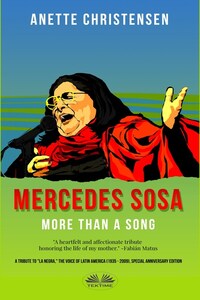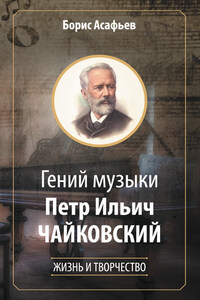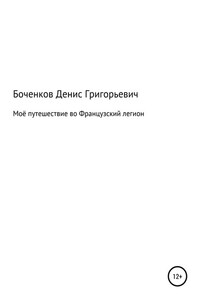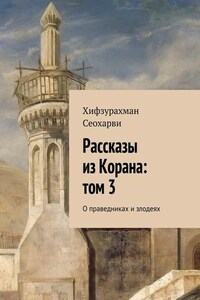4th Estate An imprint of HarperCollinsPublishers 1 London Bridge Street London SE1 9GF
www.4thEstate.co.uk
First published in Great Britain by Fourth Estate in 2013
Simultaneously published in the US by Farrar, Straus and Giroux in 2013
Copyright © 2013 by Jonathan Franzen
Footnotes by Paul Reitter copyright © 2013 by Paul Reitter Footnotes by Daniel Kehlmann copyright © 2013 by Daniel Kehlmann
Jacket design by Rodrigo Corral
Jacket art by Matt Buck, after the cover for the first issue of Die Fackel
Jonathan Franzen asserts the moral right to be identified as the author of this work
The original essays and afterwords in this volume are from Karl Kraus's collection Untergang der Welt durch schwarze Magie, ed. Christian Wagenknecht (Frankfurt am Main: Suhrkamp, 1989). "Man frage nicht…" appeared in Die Fackel no. 888, October 1933.
A catalogue record for this book is available from the British Library
All rights reserved under International and Pan-American Copyright Conventions. By payment of the required fees, you have been granted the non-exclusive, non-transferable right to access and read the text of this e-book on-screen. No part of this text may be reproduced, transmitted, down-loaded, decompiled, reverse engineered, or stored in or introduced into any information storage and retrieval system, in any form or by any means, whether electronic or mechanical, now known or hereinafter invented, without the express written permission of HarperCollins.
Source ISBN: 9780007517435
Ebook Edition © October 2013 ISBN: 9780007517459 Version: 2017-03-28
From the reviews of The Kraus Project:
Financial Times Book of the Year
‘An experimental collage of texts, and all the better for it … The Kraus Project is tremendously readable and is refreshingly skeptical of the cult of digital cool. Franzen’s prose has an appealing briskness and a polemical force’
Jason Cowley, Financial Times
‘Engrossing, highly original … Franzen finds in the unduly neglected Kraus a model of how to provoke readers while at the same time getting them to do some work’
Edmund Fawcett, New York Times Book Review
‘It IS worth it, despite, as well as because of, the difficulties, so congratulations all round … thanks to Franzen, more people will remember him’
Nicholas Lezard, Evening Standard
‘A passionate and concerned work … You can understand why Franzen likes him, and sees a dearth of such elegance today’
Jonathan Dean, Sunday Times
TO
DORIS AVERY
AND IN MEMORY OF
GEORGE AVERY
HEINE AND THE CONSEQUENCES1
Two strains of intellectual vulgarity: defenselessness against content and defenselessness against form. The one experiences only the material side of art. It is of German origin. The other experiences even the rawest of materials artistically. It is of Romance origin. To the one, art is an instrument; to the other, life is an ornament. In which hell would the artist prefer to fry? He’d surely still rather live among the Germans. For although they’ve strapped art into the Procrustean Folding Bed of their commerce, they’ve also made life sober, and this is a blessing: fantasy thrives, and every man can put his own light in the barren window frames.2 Just spare me the pretty ribbons! Spare me this good taste that over there and down there delights the eye and irritates the imagination. Spare me this melody of life that disturbs my own music, which comes into its own only in the roaring of the German workday.3 Spare me this universal higher level of refinement from which it’s so easy to observe that the newspaper seller in Paris has more charm than the Prussian publisher. Believe me, you color-happy people, in cultures where every blockhead has individuality, individuality becomes a thing for blockheads.4 And spare me this mediocre chicanery in place of one’s own stupidity! Spare me the picturesque moil on the rind of an old Gorgonzola in place of the dependable white monotony of cream cheese! Life is hard to digest both here and there. But the Romance diet beautifies the spoilage; you swallow the bait and go belly-up. The German regimen spoils beauty and puts us to the test: how do we re-create it? Romance culture makes every man a poet. Art’s a piece of cake there. And Heaven a hell.5
Heinrich Heine, however, has brought the Germans tidings of this Heaven, to which their heart is drawn with a longing that has to rhyme someplace and that leads in subterranean passages directly from the countinghouse to the Blue Grotto. And, on a byway that German men avoid: from chopped liver to the blue flower.6 It was inevitable that the one with their longing and the other with their longings would consider Heinrich Heine the Fulfiller. Tuned by a culture for which the mere material of daily life suffices as a complete artistic experience, Heine provides mood music for a culture whose experience of art begins and ends with the attractions of its content.

